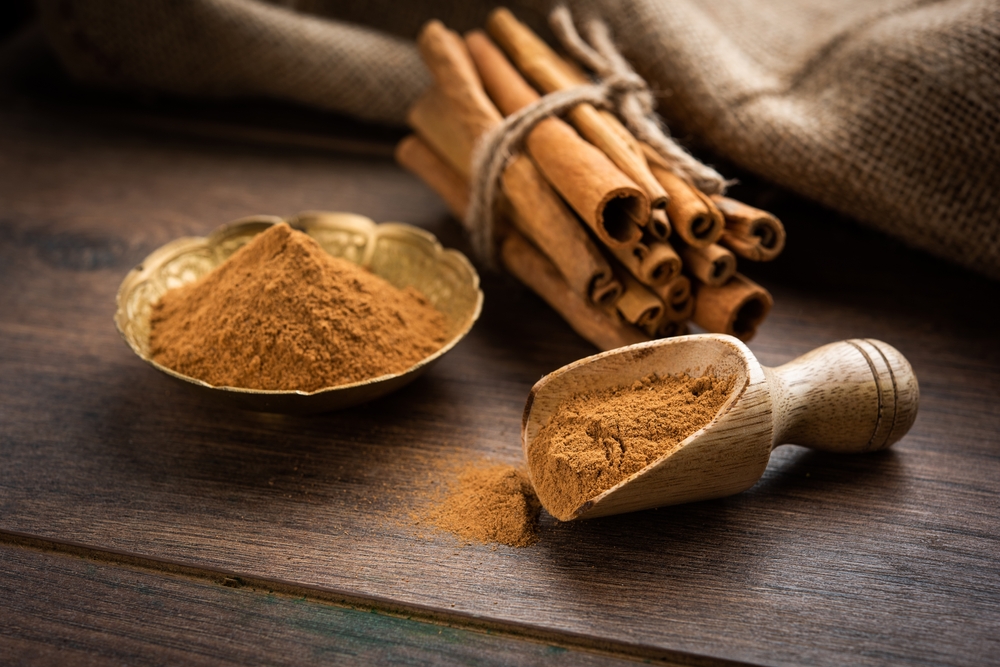Organic Bark Powder: Uses, Benefits, and Applications
Organic bark powder is a finely ground form of bark from various trees, often sourced from plants grown without the use of synthetic pesticides, fertilizers, or chemicals. Because it is made from natural materials, organic bark powder is considered a more eco-friendly, sustainable option for a wide range of uses. Different types of tree barks are ground into powder and used in a variety of fields, including herbal medicine, cosmetics, and even in the food industry. The specific bark used depends on its medicinal or functional properties.
Common Types of Organic Bark Powder
- Cinnamon Bark Powder:
- One of the most common and well-known types, cinnamon bark powder is used in cooking, herbal medicine, and even as a natural preservative. The powder is made from the bark of the cinnamon tree (Cinnamomum verum or Cinnamomum cassia) and has a warm, sweet, spicy flavor. It is used in teas, baked goods, curries, and smoothies.
- Neem Bark Powder:
- Neem (Azadirachta indica) is known for its powerful medicinal properties. The bark powder is used in Ayurvedic medicine for its anti-inflammatory, antimicrobial, and antifungal benefits. It is commonly used for skin care, such as in face masks, and can also be used as an ingredient in herbal toothpaste or mouthwashes.
- Pau D’Arco Bark Powder:
- Pau d’Arco (Tabebuia impetiginosa), native to South America, is often used for its immune-boosting properties. The bark powder is believed to have antibacterial, antifungal, and anti-inflammatory effects and is commonly used in herbal teas or supplements.
- Sassafras Bark Powder:
- Sassafras (Sassafras albidum) bark powder has been used historically as a natural remedy for digestive issues, such as indigestion or gas. It also has a distinctive, spicy flavor that was once used in traditional root beer recipes.
- Slippery Elm Bark Powder:
- Made from the inner bark of the Slippery Elm (Ulmus rubra), this powder is known for its soothing properties, especially for the digestive tract. It is often used to treat sore throats, ulcers, and digestive discomfort by forming a gel-like substance when mixed with water.

Benefits of Organic Bark Powder
- Medicinal and Therapeutic Benefits:
- Many tree barks, such as Cinnamon and Neem, are rich in antioxidants, anti-inflammatory compounds, and other active compounds beneficial for overall health. Organic bark powder can help boost immunity, reduce inflammation, and promote healthy skin.
- Digestive Support:
- Certain bark powders, such as Slippery Elm, are especially valued for their ability to support digestive health. They help soothe and protect the mucous membranes of the digestive tract, making them useful for conditions like heartburn, acid reflux, and ulcers.
- Skin Care:
- Many organic bark powders have antimicrobial and anti-inflammatory properties, which makes them ideal for skincare. Neem bark powder, for example, is often used in facial masks and soaps to treat acne and other skin conditions.
- Antioxidant Properties:
- Many barks, like Cinnamon, are rich in antioxidants that help combat oxidative stress and prevent cellular damage caused by free radicals. These antioxidants may contribute to overall health and longevity.
- Natural Flavoring:
- Some barks, such as Cinnamon or Sassafras, provide a natural way to enhance the flavor of food and drinks. Organic bark powder can be a healthier alternative to processed flavorings and additives.
Common Uses of Organic Bark Powder
- Herbal Medicine:
- Organic bark powders are used in traditional medicine systems such as Ayurveda, Traditional Chinese Medicine (TCM), and Western herbalism. They are made into teas, tinctures, capsules, or applied topically in the form of poultices or ointments.
- Skin Care and Cosmetics:
- Many organic bark powders are incorporated into lotions, creams, soaps, and face masks for their antibacterial, soothing, and healing properties. Neem and Slippery Elm are common examples.
- Cooking and Flavoring:
- Organic bark powders like Cinnamon are widely used in baking, cooking, and beverages for their aromatic and warm flavors. Cinnamon bark powder can be added to smoothies, cakes, teas, and even savory dishes.
- Natural Cleaning Products:
- Some barks, like Cinnamon, also have antimicrobial properties and can be used in natural cleaning products. A few drops of Cinnamon bark oil combined with organic bark powder can make an effective disinfectant.
- Traditional Remedies:
- Indigenous cultures have long used bark powders for medicinal and spiritual purposes. These may include using the powders for wound healing, reducing fever, or as part of spiritual rituals.
How to Use Organic Bark Powder
- In Teas: Organic bark powders like Cinnamon and Pau D’Arco are commonly steeped in hot water to make herbal teas. Add 1-2 teaspoons of the powder to hot water and let it steep for 5-10 minutes.
- In Capsules: Some people prefer to encapsulate powdered bark for easy dosage, particularly for medicinal purposes. Always follow recommended dosages for safety.
- As a Skin Treatment: Mix the bark powder (e.g., Neem or Slippery Elm) with water, honey, or yogurt to create a soothing face mask.
- In Cooking: Organic bark powders, particularly Cinnamon, can be added directly to smoothies, baked goods, or sprinkled on fruits for added flavor and health benefits.
Conclusion
Organic bark powder is a versatile product with a wide range of applications, from medicinal and therapeutic uses to culinary and skincare benefits. Whether used for its health-enhancing properties, as a natural flavoring agent, or as part of beauty routines, organic bark powder can be a valuable addition to a natural lifestyle. Always be sure to source bark powder from reputable suppliers to ensure its purity and quality.







